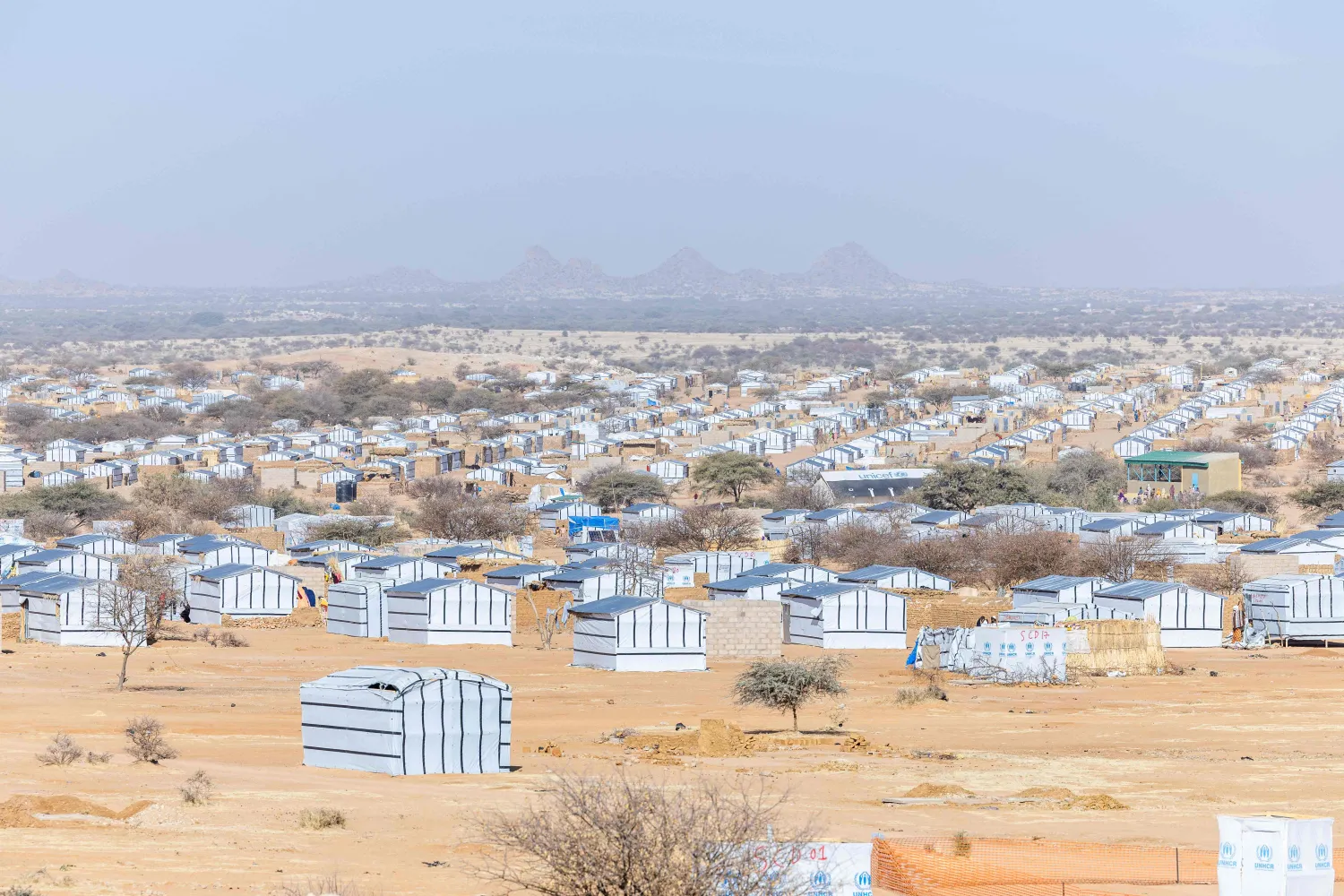The Custodian of the Two Holy Mosques King Salman bin Abdulaziz reaffirmed on Friday that serving Hajj pilgrims is a national tradition the Kingdom will uphold years on end.
“I hope God will accept the pilgrim’s pilgrimage. May every year find you in good health,” he added.
Speaking from Mina, King Salman said that Saudi Arabia will save no effort in bolstering its security, defending its stability, and preserving its interests. He also said that the Kingdom takes pride in having Islam’s two holy mosques resting on Saudi land, and that the title ‘Custodian of the Two Holy Mosques’ is held by Kingdom rulers since founder monarch King Abdulaziz.
King Salman had Thursday evening to oversee services that have been put in place for pilgrims during Hajj.
Around two million pilgrims gathered in Mina to follow in the footsteps of noble Prophet Mohamed to perform one of the key pillars of the Hajj.
The pilgrims stood at Mount Arafat until sunset on the ninth day of the Hijri month Dhu’l-Hijjah.
Mount Arafat is the place where the prophet Muhammad gave one of his last famous sermons on Islam and Allah.
After the Day of Arafat comes the beginning of Eid al-Adha.
King Salman bin Abdulaziz, also the Supreme Commander of Armed Forces, received at Mina Palace’s Royal Court on Friday princes, the Grand Mufti of the Kingdom, scholars, sheikhs, senior officials of Gulf Cooperation Council (GCC) for Arab States, ministers and commanders of military sectors participating in this year’s Hajj pilgrimage.
Kingdom Scouts Leaders participating in Hajj attended the hosting and had went to greet and congratulate the King on Eid al-Adha.
“I congratulate you and the pilgrims of the Grand Holy Mosque on the blessed Eid al-Adha, praying to Allah to accept the good deeds and return the Eid to the Islamic nation with goodness and blessings,” said King Salman at the reception.









